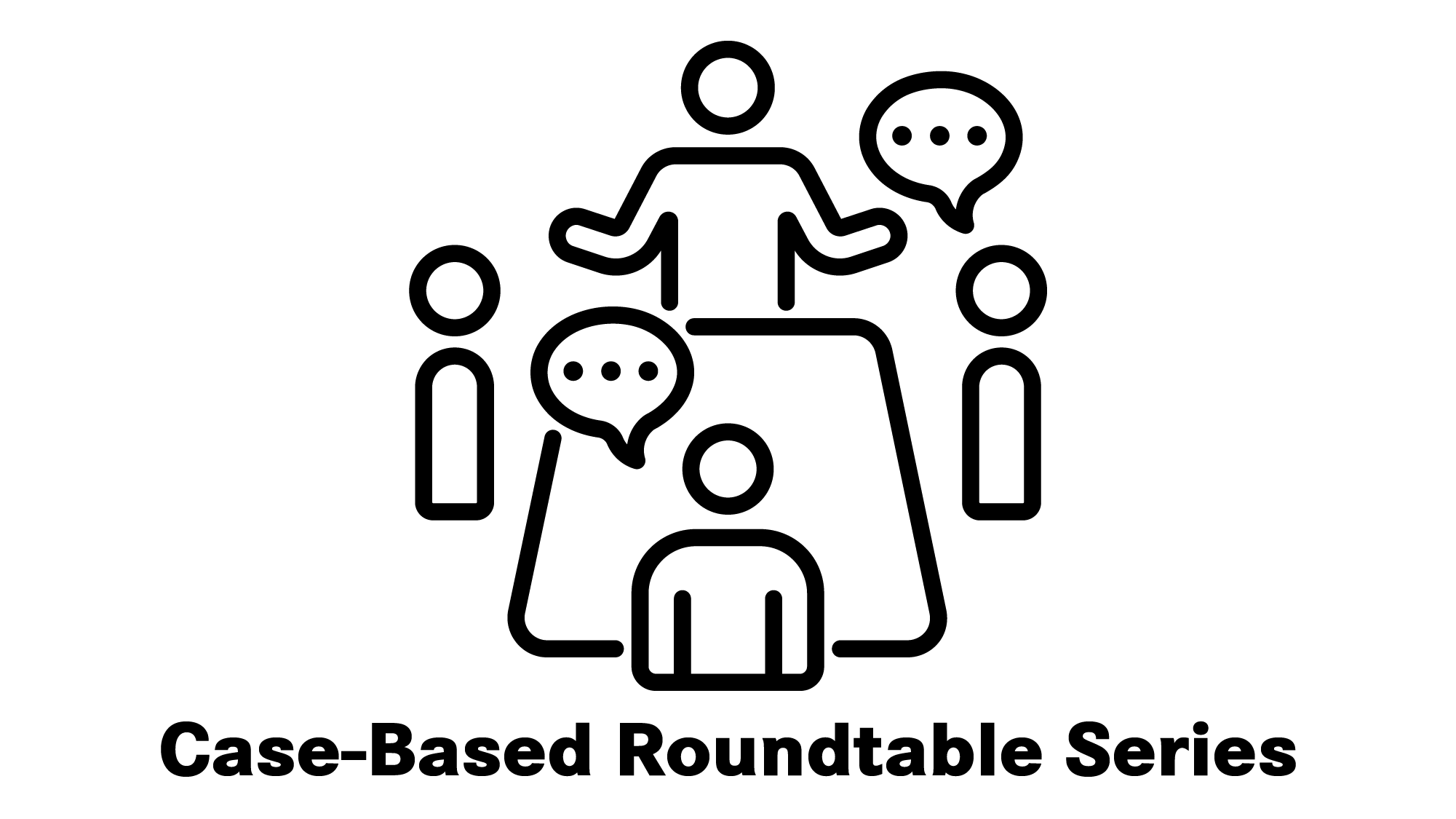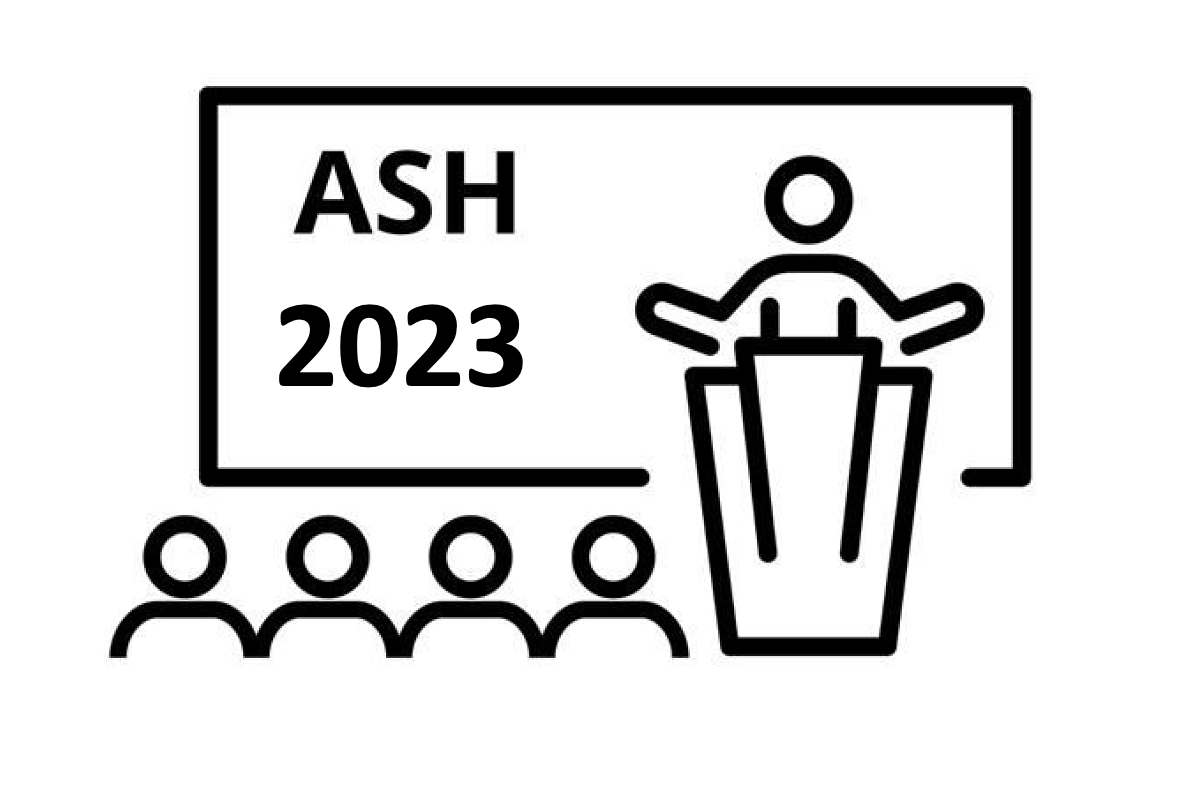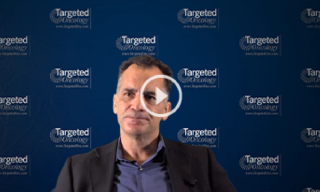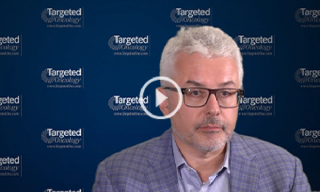
MPNs
Latest News

Andrew Srisuwananukorn, MD, assistant professor at The Ohio State University Comprehensive Cancer Center, discussed the use of a novel artificial intelligence model that aids in the differentiating between prefibrotic primary myelofibrosis and essential thrombocythemia.
Latest Videos

CME Content
More News

Andrew Srisuwananukorn, MD, discusses the main findings from research of an artificial intelligence-powered machine learning algorithm which evaluated digital whole-slide images of diagnostic bone marrow biopsies and accurately differentiated prefibrotic primary myelofibrosis from essential thrombocythemia.
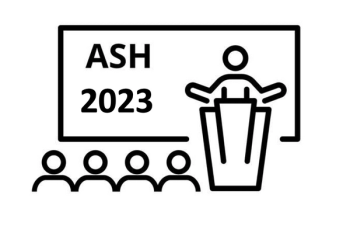
The use of the experimental navitoclax in combination with ruxolitinib produced impactful results for patients with myelofibrosis.

Anthony Hunter, MD, discusses JAK inhibitor resistance and optimal strategies for treatment of patients with myelofibrosis.
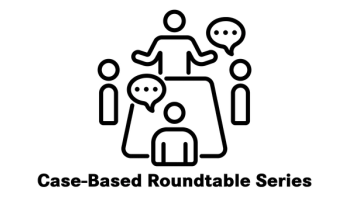
In the first article of a 2-part series, Pankit Vachhani, MD, discusses what makes classical cases of myeloproliferative neoplasms unique and how ruxolitinib impacts their reduction of spleen volume.

Based on in vitro data, pacritinib led to a 4-fold higher potency for inhibition of the hepcidin regulator ACVR1 vs momelotinib among patients with cytopenic myelofibrosis and led to an increase in red blood cell transfusion independence.

During a Targeted Oncology™ Case-Based Roundtable™ event, Stephen T. Oh, MD, PhD, discussed with participants when they would use pacritinib for patients with thrombocytopenia related to myelofibrosis.

During a Targeted Oncology™ Case-Based Roundtable™ event, Salman Fazal, MD, discussed data from the SIMPLIFY-2 and MOMENTUM trials of momelotinib for patients with myelofibrosis. This is the second of 2 articles based on this event.

Along with improvements shown for the primary and secondary end points of the phase 3 MANIFEST-2 trial in JAK inhibitor-naive patients with myelofibrosis, pelabresib plus ruxolitinib did not display any new safety signals.

At a live virtual event, Jeanne Palmer, MD, provided commentary on the development of myeloproliferative neoplasms in patients, particularly those with newly diagnosed aggressive myelofibrosis.

In an interview with Targeted Oncology, Joseph M. Scandura, MD, PhD, discussed research on pelabresib for the treatment of patients with myeloproliferative neoplasms.

Lucia Masarova, MD, PhD, discusses the rationale of the EXCEED-ET study of ropeginterferon alfa-2b-njf for patients with essential thrombocytopenia.

Findings from a 5-patient study evaluating azacitidine, venetoclax, and ruxolitinib for the treatment of myeloproliferative neoplasms shows promise. More research is warranted.

Aaron T. Gerds, MD, MS, discusses available treatment options for patients with myelofibrosis and some of the agents that are currently under development, inching toward regulatory approval in the field of myelofibrosis.

During a Targeted Oncology™ Case-Based Roundtable™ event, Abdulraheem Yacoub, MD, and participants discussed the process of initiating JAK inhibitor therapy for a patient with primary myelofibrosis.

In a phase 1b trial, AVID200 demonstrated limited toxicity and improved symptom benefit when administered at 3 doses levels.

During a Targeted Oncology™ Case-Based Roundtable™ event, Naveen Pemmaraju, MD, discussed the development of Janus kinase inhibitors and how newer therapies meet needs of patients with cytopenic myelofibrosis.

The FDA has granted fast track designation to MWTX-003 for the treatment of patients with polycythemia vera.

In an interview with Targeted Oncology, Aaron T. Gerds, MD, MS, delves further into the background of momelotinib, how to manage toxicities with the agent, and its role in clinical practice moving forward.

Aaron T. Gerds, MD, MS, provides advice to community oncologists on how to utilize momelotinib for patients with myelofibrosis.

Results of the phase 3 MOMENTUM study showed that the JAK1/JAK2 inhibitor momelotinib can provide treatment for the patient’s disease and also their anemia.

Momelotinib has emerged as a new FDA-approved treatment option for patients with myelofibrosis and anemia.

According to Ruben A. Mesa, MD, FACP, confirming the benefit of long-acting interferon for essential thrombocytopenia is key.
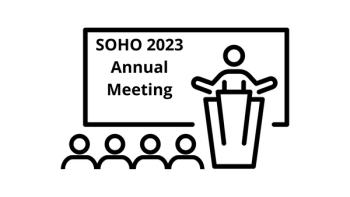
With multiple JAK inhibitors now available to choose from, patient- and disease-specific factors are vital in determining the most appropriate therapy for patients with myelofibrosis.

At the SOHO 2023 Annual Meeting, Mohammad Bakri Hammami, MD, spoke about the need to address disparities related to race, sex, and age among patients with primary myelofibrosis to ensure that everyone receives high-quality treatment.



